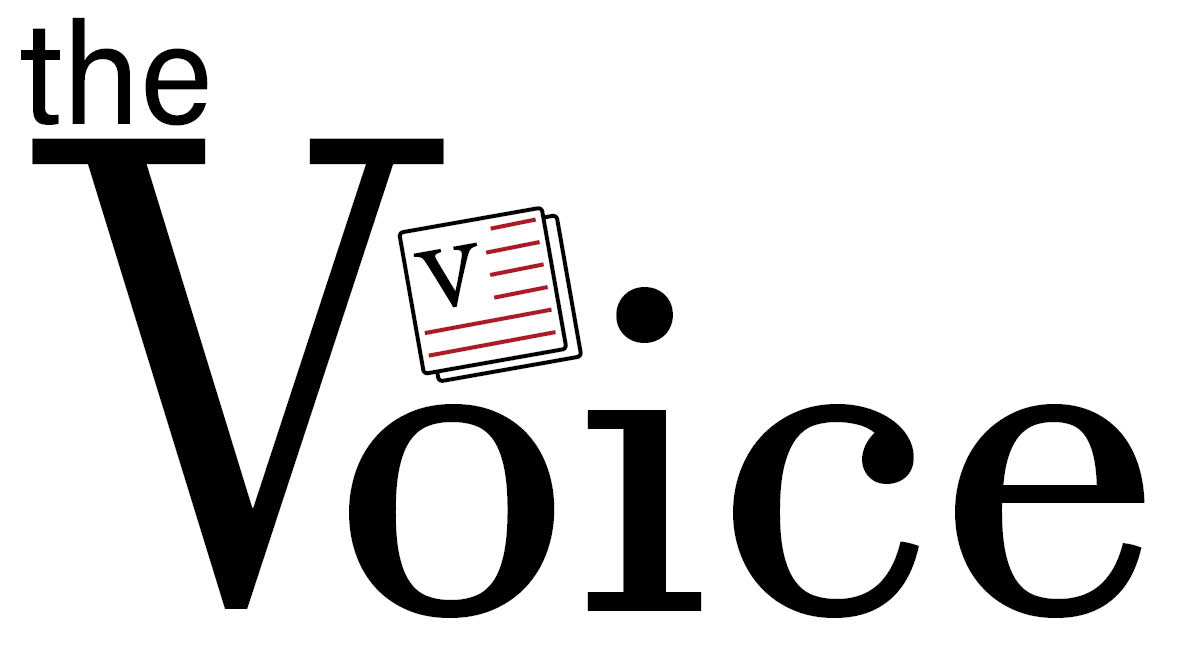Students’ Plates Are Too Full
Should students reevaluate their workload and prioritize their mental health?
February 7, 2022
Breanna Westberg, a senior at HHS who works 27 hours a week, gets home from her late shift, and collapses on her bed. She opens her eyes and realizes that she has to start her homework, yet it is 11:30 at night. How does she balance work, her grades, and her mental health?
Westberg works as a pizza-oven chef at Village Vintner Winery and Brewery. She also babysits once or twice a week. She works at Z’s Martial Arts Studio as a teacher to young children, along training there and working towards her second degree blackbelt.
“I don’t necessarily look at it as work. I think of it as a time to bond with kids and see how much they have progressed. I get to see how much I’ve grown as a teacher and how much of a positive impact I have made on their lives as well,” Westberg said.
In school she is part of the medical academy, NHS, and Snow Raiders. She also has to balance keeping her grades up. Is this amount of work and stress healthy for a teenager?
Alexis Hirsch, a senior who used to work at Fair Oaks in Crystal Lake, worked to help assist seniors. She worked a decent amount in the summer but when the school year comes around she only takes weekends because she struggles to juggle everything.
“I think work in a way only made me procrastinate things more because I felt like there was no way I could get things done anyways. I just procrastinated a lot more and was definitely more stressed out,” Hirsch said.
Hirsch had to also juggle being a part of NHS, Link Crew, engineering academy, highschool volleyball team, and club volleyball.
Jennifer Drozt, a science teacher at HHS, worked at a hospital gift shop as a teenager where she earned a whopping $3.35.
“Work just adds another level of stress to students’ very overextended and stressful lives. That’s the big downside, because kids are already involved in tons of clubs and sports that all make their meet-ups mandatory. All of these things build up and you’ve got work on top of it, homework on top of it, and it is much harder on a student’s mental well-being,” Drozt said.
On the positive side, working can provide so many benefits that will aid students in maturing to be ready for adulthood.
“[Work] can teach you how to balance a lot of things at once. One of it’s biggest benefits is the time management skills students can learn. It also teaches you to prioritize, ‘okay, I’m getting home at this hour, and I know I need to do x, y, and z tonight so I need to plan ahead’,” Drozt said.
Society has shifted greatly from when Drozt was a teenager. Colleges back then would accept you if you had good grades, it was as simple as that. Now, so many colleges are asking for a more holistic approach. They are wanting students to volunteer through their communities, be a part of in-school activities or sports, and work.
At the end of the day, students would benefit largely from challenging themselves and earning a little extra cash for things they enjoy, but it is also crucial that they take their mental health into account. Teens are still young and need to prioritize their well-being first, and live life to the fullest.
“Definitely consider what activities you’re involved in, in or out of school, and be realistic with yourself at the end of the day. You’ve done all of this work, are you going to want to take a break after school or are you going to want to go to work?” Hirsch said.
“Try to do the stuff you can do as a teenager, like join clubs or play sports, versus trying to work because that is what being an adult is for,” Westberg said.



